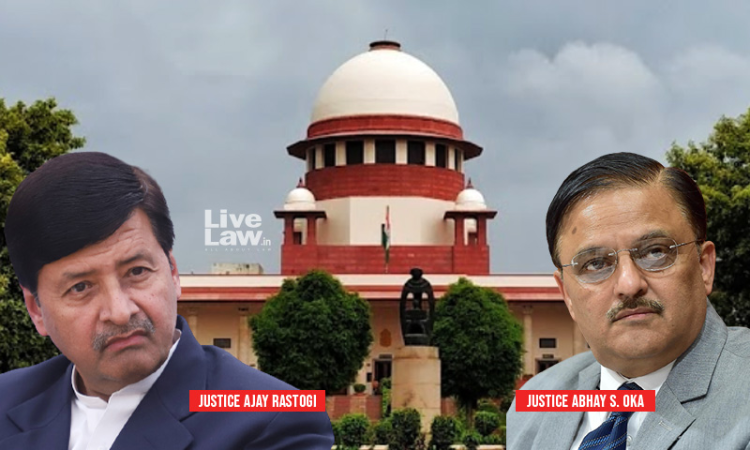To Invoke Section 319 CrPC, More Than A Prima Facie Case As Exercised At Charge-Framing Stage Needed : Supreme Court
Ashok KM
10 March 2022 10:15 PM IST

Next Story
10 March 2022 10:15 PM IST
The Supreme Court reiterated that the power under Section 319 of the Code of Criminal Procedure is a discretionary and extraordinary power which should be exercised sparingly."The crucial test to be applied is one which is more than prima facie case as exercised at the time of framing of charge, but short of satisfaction to an extent that the evidence, if goes unrebutted,...
